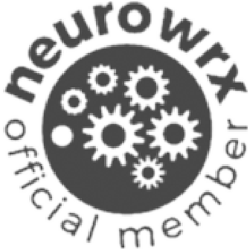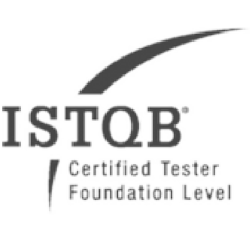Executive functions are a set of cognitive skills that allow people to do things like follow directions, control their emotions, focus, and/or attain their goals. Executive function skills are like the “orchestra conductor of your brain” (Paul Yellin, 2020, in “Executive Function Challenges in the Workplace”). There are seven “executive functions” and these include verbal and non-verbal memory, self-awareness, inhibition, emotional regulation, motivational regulation, and planning/problem-solving. These cognitive functions help us organize and manage the many tasks in our day-to-day lives. Autistic people “often have problems with executive functioning and these challenges can then cause problems with communication, follow through, planning, and/or self-care.” (7 Executive Functioning Challenges for People with Autism, Psychology Today, 8/18/21)
The cause of poor executive functioning is not always known or clear. Researchers feel the cause is likely a combination of genetics, prenatal exposure to alcohol or drugs, early childhood trauma, or other factors. People are not born with executive functions, but, instead, they develop over time, and well into early adulthood. Considering that this gradual development of executive functions may be prevalent in the workplace, employees, both neurotypical and autistic, may exhibit a wide range of strengths and challenges. Skills that an employee who has executive functioning challenges may struggle with could be:
- Organizing, planning, and/or prioritizing their work tasks and generalized time management issues
- Retaining information
- Self-control and self-awareness
- Following mult-step directions
- Focusing and completing projects
- Regulating emotions and communicating in a professional manner
Employers can set up systems or provide reasonable accommodations to help employees develop or strengthen their executive functioning skills, including:
- Creating systems that acknowledge employees’ learning styles, which could include visual cues, written directions, or auditory cueing.
- Use agendas for meetings and checklists for tasks
- Managers can work with employees to help prioritize job tasks and break down large projects into smaller tasks.
- Manage stress levels and improve focus by taking movement breaks and building in “transition” blocks of times between activities.
- Block access to distractions by using headphones or putting away personal devices
- Using personal devices to set timers as reminders to remember meetings or break times
- Pairing up coworkers who have different strengths and needs
- Allow and encourage accommodations to support employees in their work environment or with managing their sensory needs.
With the right support or accommodations, employees who struggle with executive functioning can be more productive, improve their skills, and grow as a team member. Providing support for those with challenges can then lead to an inclusive workspace, where employees with different strengths and challenges can feel motivated, supported, and better able to do their best work.
Written by Bonny Goldin, June, 2022


















